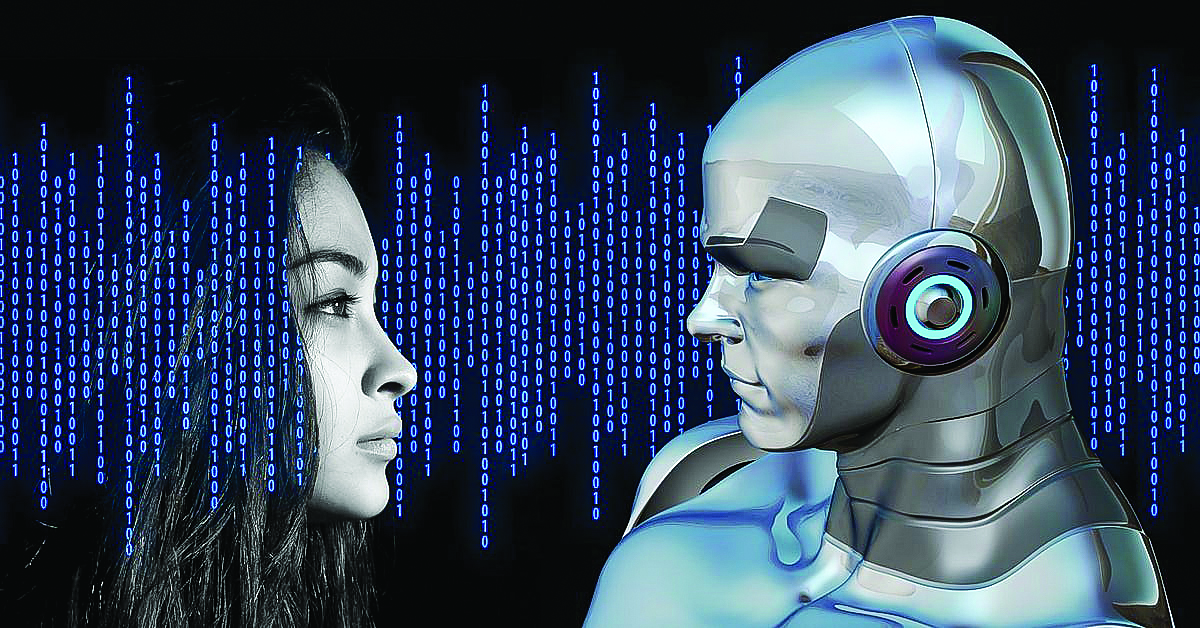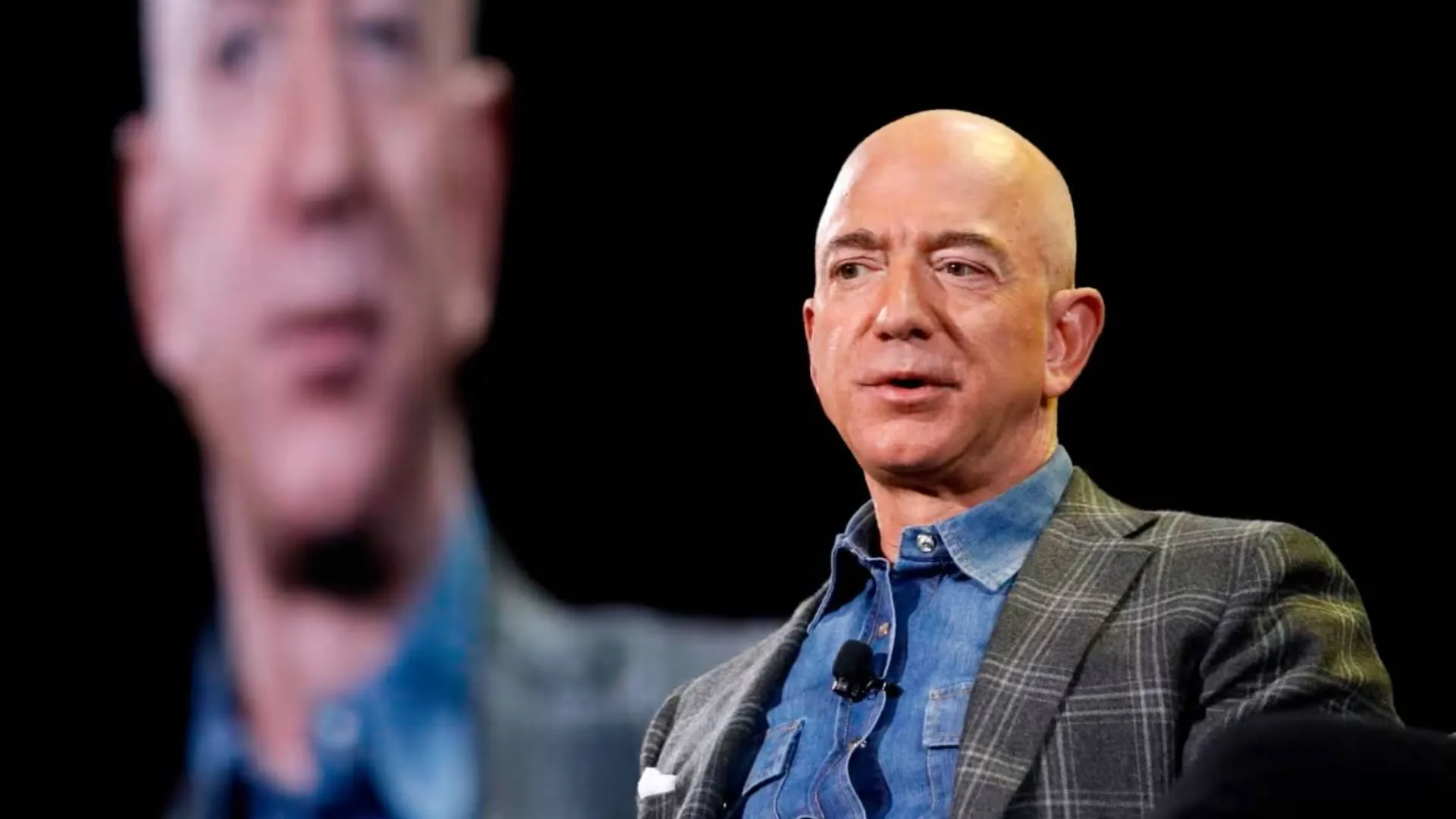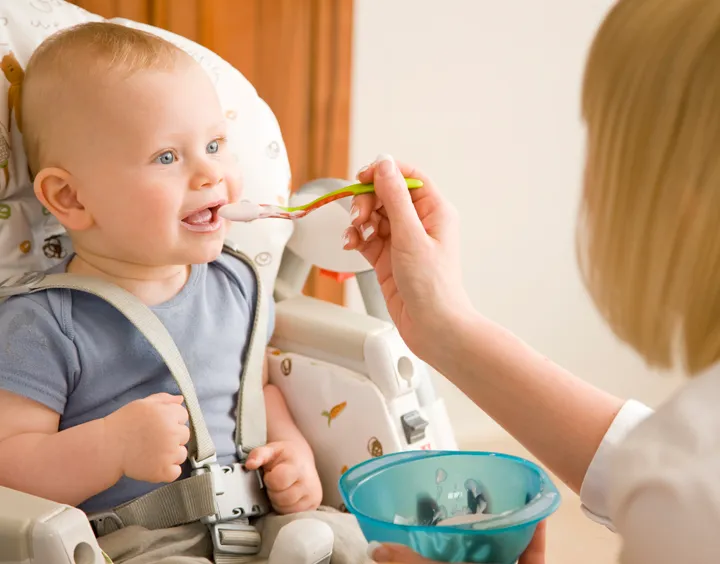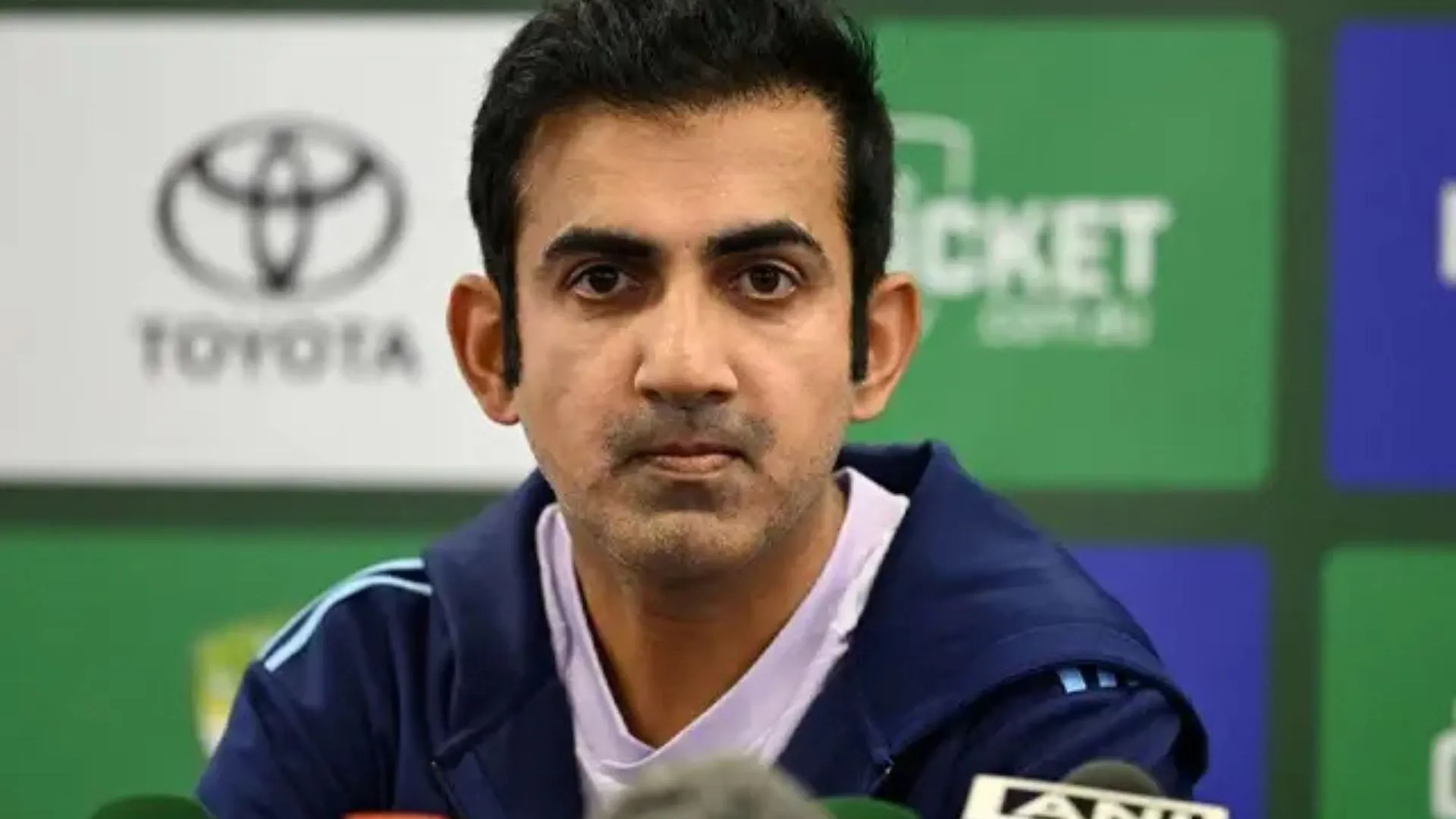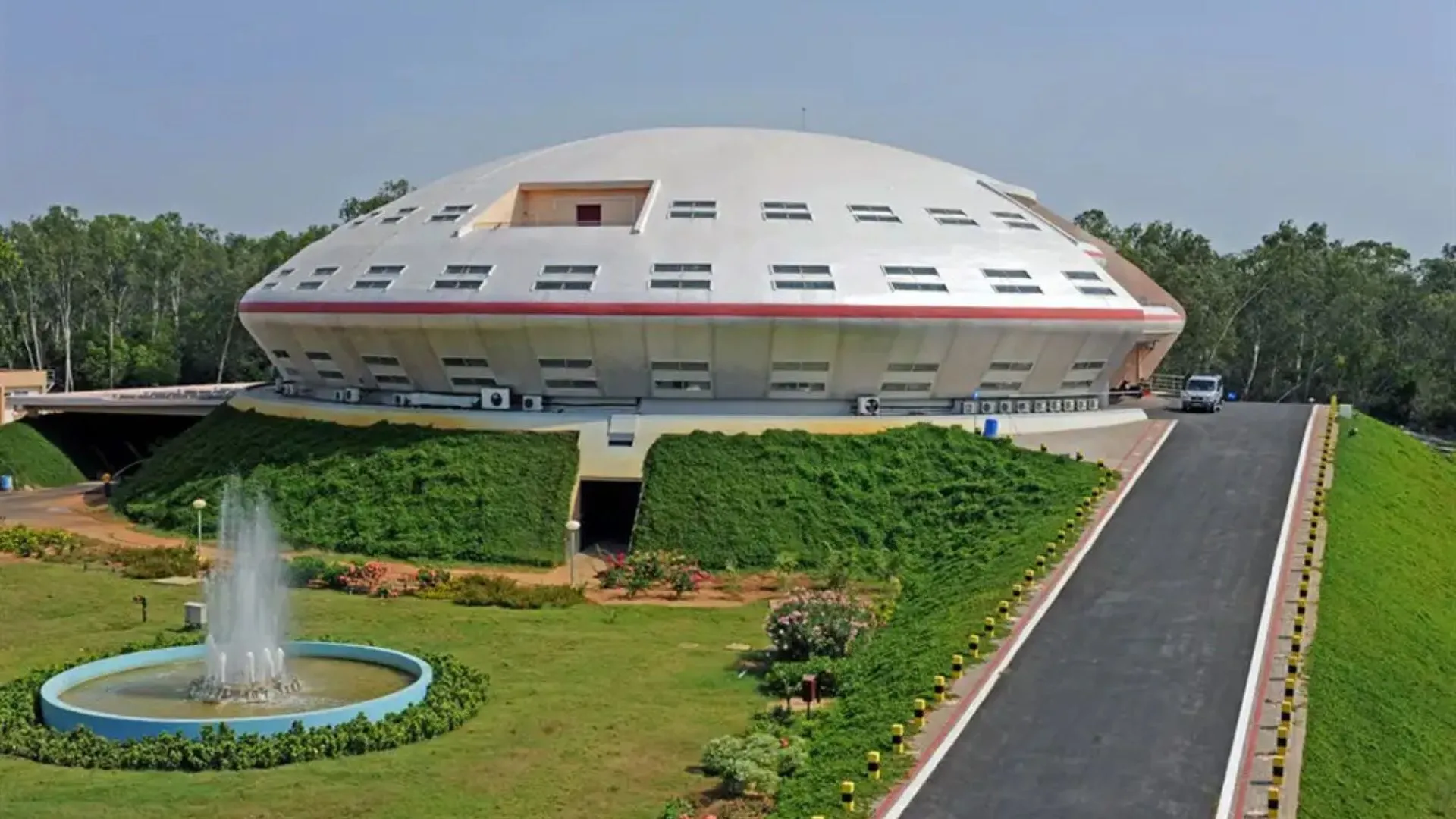In today’s rapidly advancing world, artificial intelligence (AI) has become a ubiquitous presence, reshaping our interactions with technology and each other. As we navigate this evolving landscape, it’s essential to consider how AI influences human relationships, both positively and negatively.
AI-driven tools like chatbots and virtual assistants offer personalized support and assistance, providing advice and companionship in times of need. However, they also raise questions about the nature of human connection and intimacy. For instance, the movie ‘Teri Baaton Mein Aisa Uljha Jiya’ explores the complex relationship between humans and AI entities, sparking conversations about the possibility of forming meaningful connections with non-human entities.
While these cinematic portrayals may seem far-fetched, they highlight deeper truths about our innate desire for connection and companionship. Can genuine love and affection exist in a relationship where one partner lacks agency and autonomy? This question lies at the heart of the film and resonates with broader discussions about the role of AI in our lives.
Moreover, as one insightful quote I recently read on twitter suggests, “I want AI to do my laundry and dishes, so that I can do art and writing, not for AI to do my art and writing so that I can do my laundry and dishes.” This sentiment captures the irony of AI — while it promises to free us from mundane tasks, it often ends up taking away the activities that bring us joy and fulfillment.
Despite the allure of AI-driven relationships, it’s essential to recognize their limitations. AI may excel at simulating human behavior, but it cannot fully replicate the depth and complexity of human emotions. As another quote highlights, “One of the best therapies you can have is sharing a cup of coffee with your best friend.” This simple act of connection embodies the warmth and understanding that AI struggles to emulate.
Nevertheless, AI has the potential to enhance human relationships in meaningful ways. For example, AI-powered platforms can provide support and assistance to individuals struggling with loneliness or mental health issues. They can offer a listening ear, provide encouragement, and connect individuals with resources and support networks.
In conclusion, navigating human relationships in the age of AI requires a nuanced understanding of both the opportunities and challenges that technology presents. While AI offers new avenues for connection and support, it’s essential to approach these advancements with caution and skepticism. As we continue to integrate AI into our lives, let us not forget the importance of nurturing and maintaining genuine human connections.
The author is the Eminent Clinical Psychologist & Founder MindTribe.

